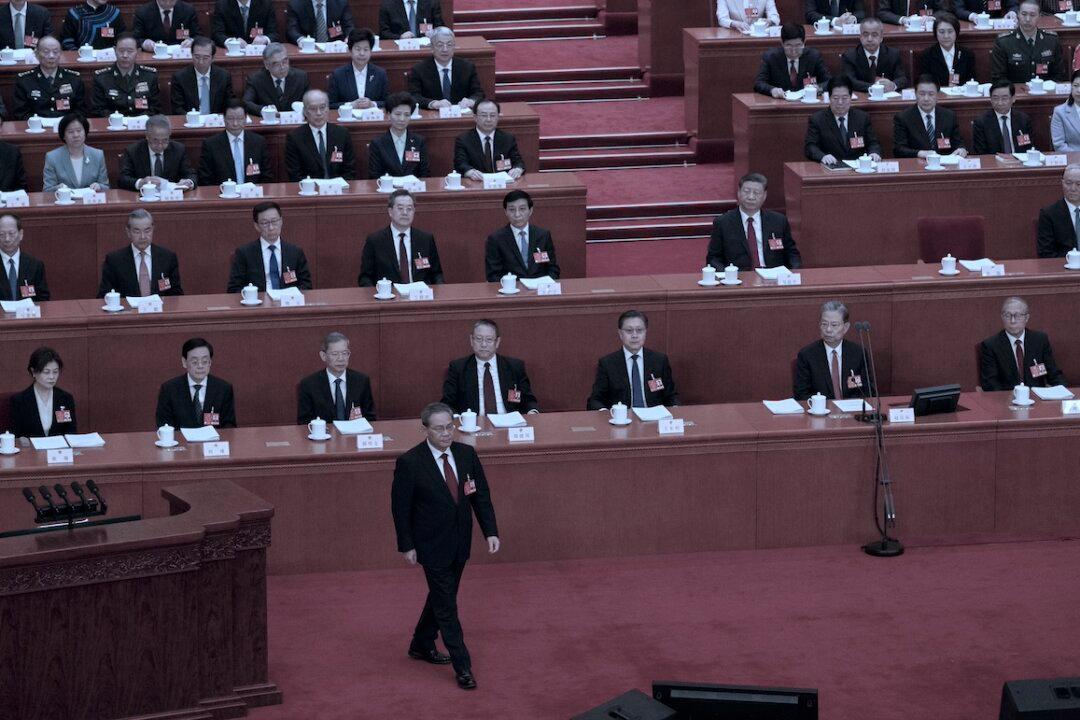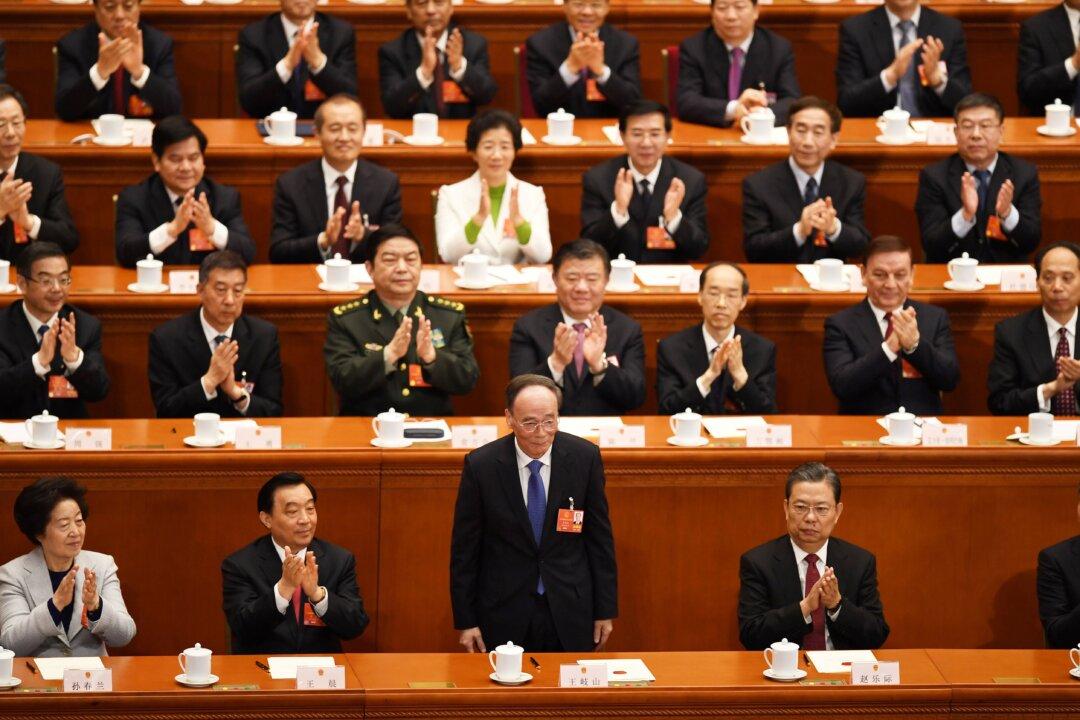Residents in China’s Sichuan Province and Chongqing Municipality say their gas utility bills skyrocketed after their existing natural gas meters were replaced with smart gas meters. Customers expressed their grievances online, sparking public outrage across multiple cities.
At the end of 2023, Chongqing Gas Group Corp Ltd upgraded a large number of households to smart gas meters. With a population exceeding 32 million, Chongqing is one of the four direct-administered municipalities under the central government of China. After installing the new meters, residents began reporting on the “Chongqing Online Governance Platform“ that their gas bills had begun to soar despite no change in usage patterns.





